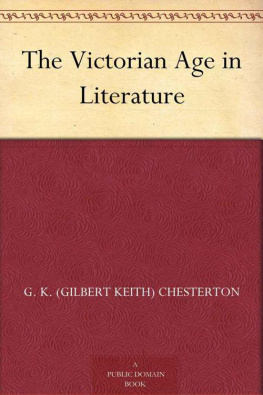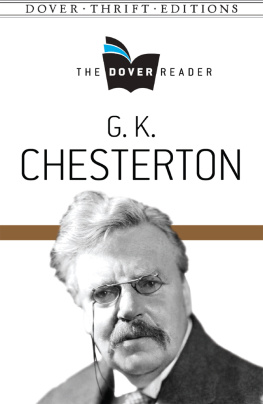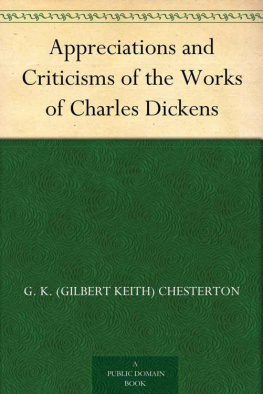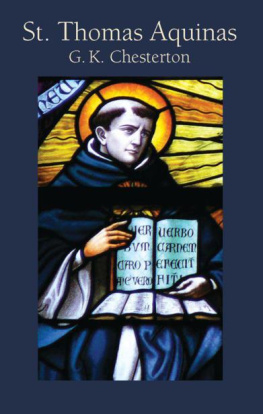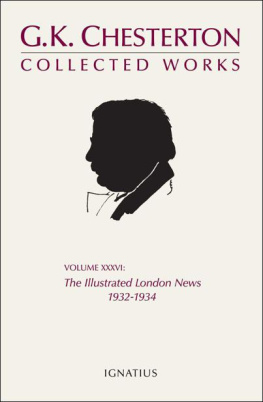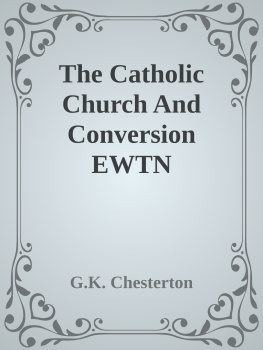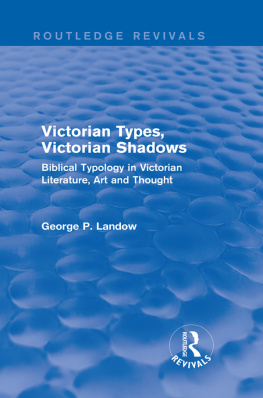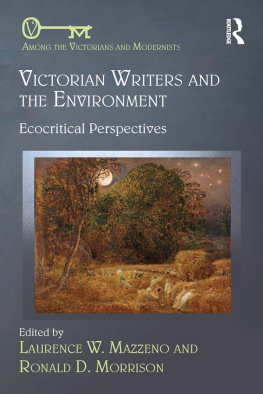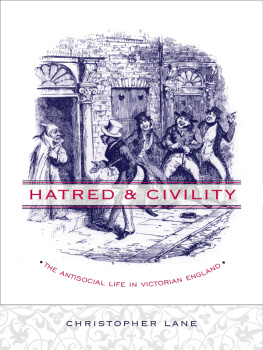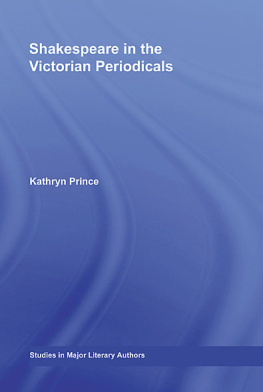HOME UNIVERSITY LIBRARY
OF MODERN KNOWLEDGE
No. 61
Editors:
- The Rt. Hon. H. A. L. FISHER, M.A., F.B.A.
- Prof. GILBERT MURRAY, Litt.D., LL.D., F.B.A.
- Prof. Sir J. ARTHUR THOMSON, M.A.
- Prof. WILLIAM T. BREWSTER, M.A.
A complete classified list of the volumes of The Home University Library already published to be found at the back of this book.
THE VICTORIAN AGE
IN LITERATURE
BY
G. K. CHESTERTON
NEW YORK
HENRY HOLT AND COMPANY
LONDON
THORNTON BUTTERWORTH LTD.
Copyright, 1913,
by
HENRY HOLT AND COMPANY
CONTENTS
| CHAP. | PAGE |
|---|
| Introduction |
| I | The Victorian Compromise and its Enemies |
| II | The Great Victorian Novelists |
| III | The Great Victorian Poets |
| IV | The Break-up of the Compromise |
| Bibliographical Note |
| Index |
The Editors wish to explain that this book is not put forward as an authoritative history of Victorian literature. It is a free and personal statement of views and impressions about the significance of Victorian literature made by Mr. Chesterton at the Editors' express invitation.
THE VICTORIAN AGE IN LITERATURE
INTRODUCTION
A section of a long and splendid literature can be most conveniently treated in one of two ways. It can be divided as one cuts a currant cake or a Gruyre cheese, taking the currants (or the holes) as they come. Or it can be divided as one cuts woodalong the grain: if one thinks that there is a grain. But the two are never the same: the names never come in the same order in actual time as they come in any serious study of a spirit or a tendency. The critic who wishes to move onward with the life of an epoch, must be always running backwards and forwards among its mere dates; just as a branch bends back and forth continually; yet the grain in the branch runs true like an unbroken river.
Mere chronological order, indeed, is almost as arbitrary as alphabetical order. To deal with Darwin, Dickens, Browning, in the sequence of the birthday book would be to forge about as real a chain as the "Tacitus, Tolstoy, Tupper" of a biographical dictionary. It might lend itself more, perhaps, to accuracy: and it might satisfy that school of critics who hold that every artist should be treated as a solitary craftsman, indifferent to the commonwealth and unconcerned about moral things. To write on that principle in the present case, however, would involve all those delicate difficulties, known to politicians, which beset the public defence of a doctrine which one heartily disbelieves. It is quite needless here to go into the old "art for art's sake"business, or explain at length why individual artists cannot be reviewed without reference to their traditions and creeds. It is enough to say that with other creeds they would have been, for literary purposes, other individuals. Their views do not, of course, make the brains in their heads any more than the ink in their pens. But it is equally evident that mere brain-power, without attributes or aims, a wheel revolving in the void, would be a subject about as entertaining as ink. The moment we differentiate the minds, we must differentiate by doctrines and moral sentiments. A mere sympathy for democratic merry-making and mourning will not make a man a writer like Dickens. But without that sympathy Dickens would not be a writer like Dickens; and probably not a writer at all. A mere conviction that Catholic thought is the clearest as well as the best disciplined, will not make a man a writer like Newman. But without that conviction Newman would not be a writer like Newman; and probably not a writer at all. It is useless for the sthete (or any other anarchist) to urge the isolated individuality of the artist, apart from his attitude to his age. His attitude to his age is his individuality: men are never individual when alone.
It only remains for me, therefore, to take the more delicate and entangled task; and deal with the great Victorians, not only by dates and names, but rather by schools and streams of thought. It is a task for which I feel myself wholly incompetent; but as that applies to every other literary enterprise I ever went in for, the sensation is not wholly novel: indeed, it is rather reassuring than otherwise to realise that I am now doing something that nobody could do properly. The chief peril of the process, however, will be an inevitable tendency to make the spiritual landscape too large for the figures. I must ask for indulgence if such criticism traces too far back into politics or ethics the roots of which great books were the blossoms; makes Utilitarianism more important than Liberty or talks more of the Oxford Movement than of The Christian Year . I can only answer in the very temper of the age of which I write: for I also was born a Victorian; and sympathise not a little with the serious Victorian spirit. I can only answer, I shall not make religion more important than it was to Keble, or politics more sacred than they were to Mill.
CHAPTER I
THE VICTORIAN COMPROMISE AND ITS ENEMIES
The previous literary life of this country had left vigorous many old forces in the Victorian time, as in our time. Roman Britain and Medival England are still not only alive but lively; for real development is not leaving things behind, as on a road, but drawing life from them, as from a root. Even when we improve we never progress. For progress, the metaphor from the road, implies a man leaving his home behind him: but improvement means a man exalting the towers or extending the gardens of his home. The ancient English literature was like all the several literatures of Christendom, alike in its likeness, alike in its very unlikeness. Like all European cultures, it was European; like all European cultures, it was something more than European. A most marked and unmanageable national temperament is plain in Chaucer and the ballads of Robin Hood; in spite of deep and sometimes disastrous changes of national policy, that note is still unmistakable in Shakespeare, in Johnson and his friends, in Cobbett, in Dickens. It is vain to dream of defining such vivid things; a national soul is as indefinable as a smell, and as unmistakable. I remember a friend who tried impatiently to explain the word "mistletoe" to a German, and cried at last, despairing, "Well, you know hollymistletoe's the opposite!" I do not commend this logical method in the comparison of plants or nations. But if he had said to the Teuton, "Well, you know GermanyEngland's the opposite"the definition, though fallacious, would not have been wholly false. England, like all Christian countries, absorbed valuable elements from the forests and the rude romanticism of the North; but, like all Christian countries, it drank its longest literary draughts from the classic fountains of the ancients: nor was this (as is so often loosely thought) a matter of the mere "Renaissance." The English tongue and talent of speech did not merely flower suddenly into the gargantuan polysyllables of the great Elizabethans; it had always been full of the popular Latin of the Middle Ages. But whatever balance of blood and racial idiom one allows, it is really true that the only suggestion that gets near the Englishman is to hint how far he is from the German. The Germans, like the Welsh, can sing perfectly serious songs perfectly seriously in chorus: can with clear eyes and clear voices join together in words of innocent and beautiful personal passion, for a false maiden or a dead child. The nearest one can get to defining the poetic temper of Englishmen is to say that they couldn't do this even for beer. They can sing in chorus, and louder than other Christians: but they must have in their songs something, I know not what, that is at once shamefaced and rowdy. If the matter be emotional, it must somehow be also broad, common and comic, as "Wapping Old Stairs" and "Sally in Our Alley." If it be patriotic, it must somehow be openly bombastic and, as it were, indefensible, like "Rule Britannia" or like that superb song (I never knew its name, if it has one) that records the number of leagues from Ushant to the Scilly Isles. Also there is a tender love-lyric called "O Tarry Trousers" which is even more English than the heart of The Midsummer Night's Dream . But our greatest bards and sages have often shown a tendency to rant it and roar it like true British sailors; to employ an extravagance that is half conscious and therefore half humorous. Compare, for example, the rants of Shakespeare with the rants of Victor Hugo. A piece of Hugo's eloquence is either a serious triumph or a serious collapse: one feels the poet is offended at a smile. But Shakespeare seems rather proud of talking nonsense: I never can read that rousing and mounting description of the storm, where it comes to

